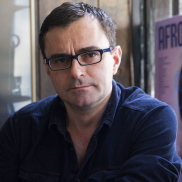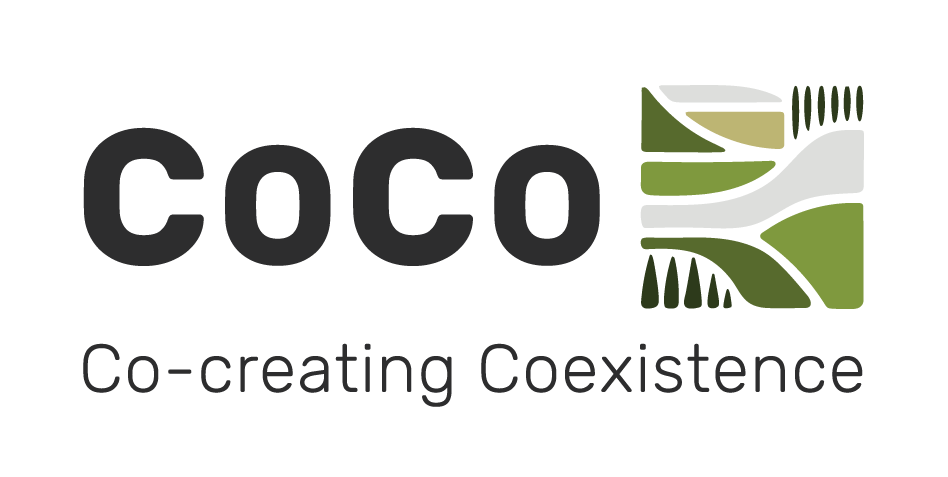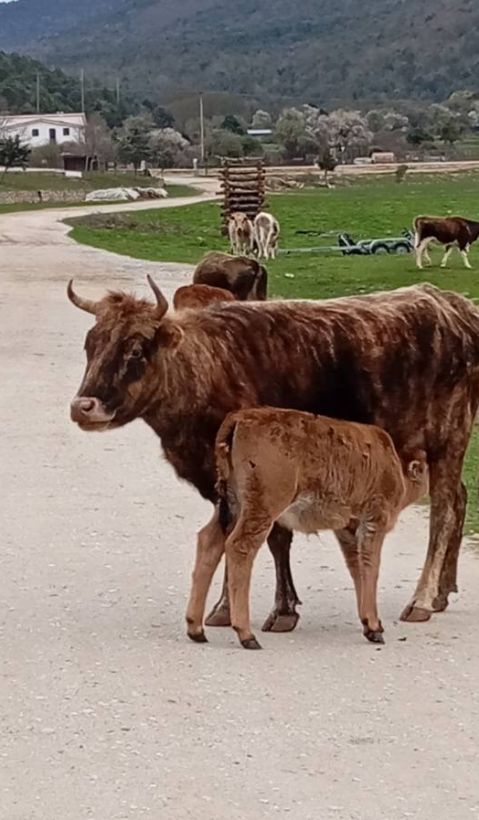
Posilnenie vidieckeho hlasu: Nový pohľad na vzťahy medzi človekom a voľne žijúcimi zvieratami
| Date |
Date
|
Keďže európsky vidiek čelí čoraz väčším výzvam – od úbytku vidieckeho obyvateľstva až po vplyvy zmeny klímy – projekt CoCo pracuje v centre týchto komunít na spoločnom vytváraní udržateľných riešení pre koexistenciu ľudí a veľkých mäsožravcov.
Toto leto, partner projektu CoCo CALLISTO bola na mieste v pohorí Rodopy, Prespa a Tzoumerka v Grécku a viedla viac ako 65 hĺbkových rozhovorov s chovateľmi hospodárskych zvierat a poľnohospodárskymi pracovníkmi. Tieto rozhovory ponúkajú úprimný pohľad na to, ako sú živobytie na vidieku formované stretnutiami s veľkými mäsožravcami, ako sú medvede a vlky, a ako súčasné politiky riadenia voľne žijúcich druhov ovplyvňujú každodenný život.
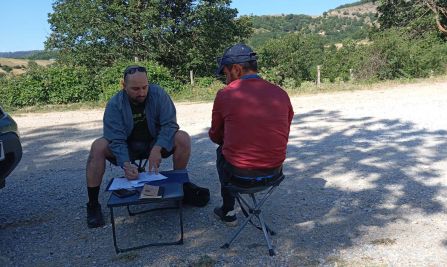
Pochopenie problematiky: Čo je najdôležitejšie pre vidiecke komunity
V komplexnom dotazníku sa skúmajú kľúčové otázky: od skutočných nákladov a trendov škôd súvisiacich s mäsožravcami až po spoločenské vnímanie poľnohospodárstva, vzťahy s inými vidieckymi zainteresovanými stranami a zmysel pre spravodlivosť v súvislosti s pastierstvom a interakciami s voľne žijúcimi druhmi. Uznávajúc, že hlasy poľnohospodárov sú životne dôležité, projekt čoskoro začne online prieskum zameraný na poľovníkov a vlastníkov pôdy, čím sa rozšíri dialóg tak, aby odrážal celé spektrum vidieckych perspektív.
Výskumné zistenia: Komplexný obraz koexistencie
Doterajšie zistenia odrážajú nedávny výskum publikovaný tímom CALLISTO, ktorý odhaľuje odlíšené prostredie: hoci mnohí poľnohospodári vidia hodnotu opatrení na predchádzanie škodám, existujú jasné obavy v súvislosti s nedostatkami v systémoch náhrad a nedostatočným uznaním príslušnej pracovnej sily. Dôležité je, že niektorí považujú tieto opatrenia nielen za technické riešenia, ale aj za súčasť širšieho sociálneho experimentu, ktorý si vyžaduje spoločnú zodpovednosť a spravodlivé uznanie nákladov medzi všetkými zainteresovanými stranami.
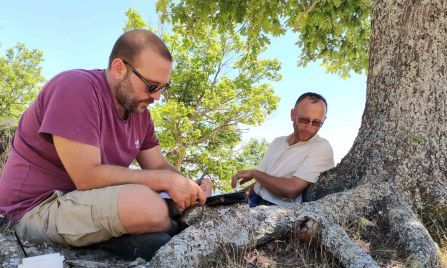
Podpora inovácií: Spoluvytváranie a zapojenie zainteresovaných strán
Práca CALLISTA presahuje rámec výskumu. Ako koordinátori v rámci konzorcia CoCo tím presadzuje participatívne prístupy, testuje vznikajúce technológie a uľahčuje procesy spoločnej tvorby, ktoré uprednostňujú a sústreďujú zapojenie zainteresovaných strán. Cieľ: zabezpečiť, aby boli hlasy vidieka vypočuté, aby boli uspokojené miestne potreby a aby inovatívne riešenia vychádzali z reálneho kontextu.
